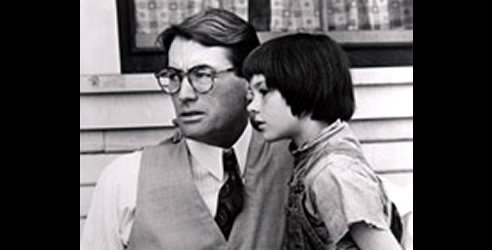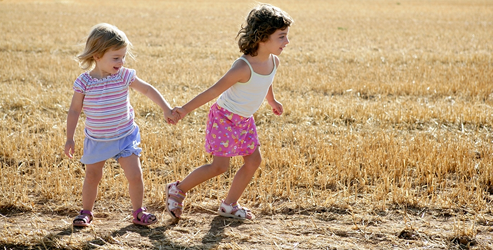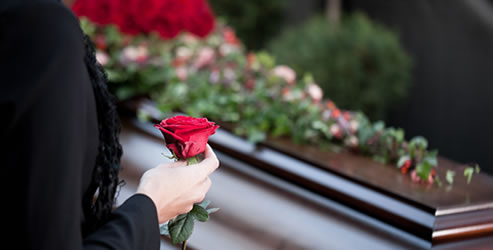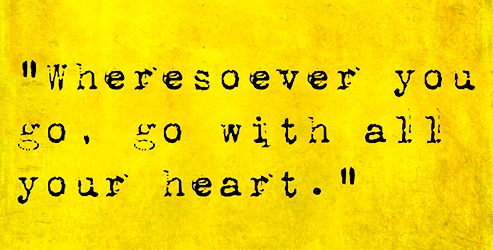
Photo: TCM Film Article
The debate over Harper Lee’s recently published Go Set a Watchman novel continues. HarperCollins reports it is the fastest selling book in their company’s history, yet one bookstore has said it will accept refunds from buyer’s who agree the unedited manuscript should never have been published.
For those who are not informed because they had better things to do: Quick Synopsis of Mockingbird and Watchman
If you haven’t followed the literary debate, Harper Lee is the author of the classic To Kill a Mockingbird, published in 1960. The book later became an award-winning movie starring Gregory Peck as Atticus, a rural Southern lawyer who defends a black man against unjust charges of rape.
Atticus’s daughter, Scout, is nine years old in Mockingbird, and lives through vicious attacks on the family because of her father’s decision to defend the black man. Watchman opens with a 26 year old Scout taking a train south to visit Atticus, now 72 years old. Much to her surprise, Scout soon learns her father has always been a bigot. The revelation shatters her image of her father and the book moves on from there.
The loss of respect for Harper Lee and her wishes
The first level of debate over the 60 year old manuscript started in February of this year. Was it an unedited first draft or a sequel to To Kill a Mockingbird? And why did Harper Lee give permission for it to be published? None of the questions are likely to be resolved by Harper Lee.
Lee is an 89 years old woman who has suffered a stroke and is blind and deaf. She lives in assisted living. And when healthy she never wavered: she refused to publish another book! Those who know Lee doubt she is even aware of the press release written over her signature. Newsweek’s headline was “Friends Say Harper Lee Was Manipulated.”
Suffice to say “follow the money” and you will find out just how Go Set a Watchman came to your local bookstore.
(This betrayal reminds me of a similar circumstance: Mother Teresa’s wrote about the absence of any sense of God in the final 50 years of her life. The letters were understood to be confidential, and she requested they be destroyed. The Catholic Church ignored her wishes and decided the letters belonged to them, and not Mother Teresa – thus the book Mother Teresa: Come Be My Light: the Private Writings of the Saint of Calcutta was published.)
Will the real Atticus please stand up!
If the debate had not shifted to whether Atticus was really the Mockingbird hero or the Watchman bigot, I would not have one day blurted out “Why can’t Atticus be a hero and a bigot?”
Within minutes memories of my family’s relationship with race surfaced.
The only living creatures of color in my hometown were the crows
No Blacks lived in my hometown.
My family said a black family moved into town one afternoon, and a group of men visited after sundown urging them to leave by morning. And they did. I wouldn’t surprise me if money changed hands. Bryan was a wonderful white utopia that somehow managed to accept one Hispanic family. But the upshot was we were white and we were going to stay white.






